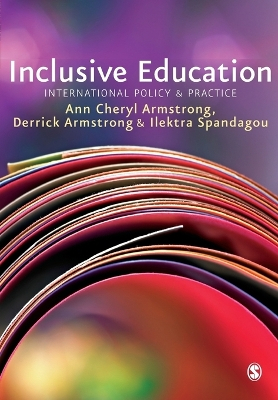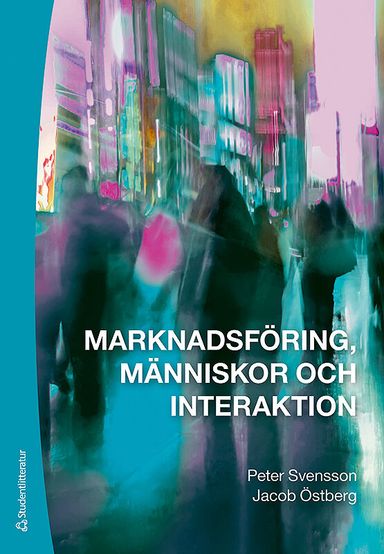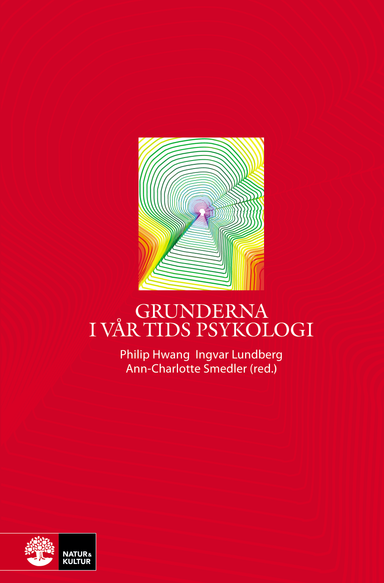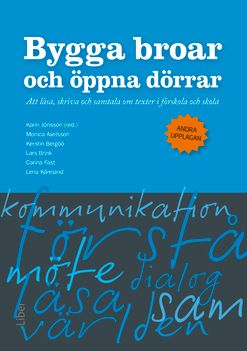

Inclusive Education Upplaga 1
- Upplaga: 1a upplagan
- Utgiven: 2010
- ISBN: 9781847879400
- Sidor: 176 st
- Förlag: SAGE Publications Ltd
- Format: Inbunden
- Språk: Engelska
Om boken
What does inclusion really mean and what impact have inclusive approaches to education had on practice?
Bringing together issues of theory, research, policy and practice from both the countries of the South and the North, this ground-breaking book provides a critical discussion of recent developments in the field of inclusive education.
The authors consider developments, both in current thinking about the meaning of inclusion and in terms of policies and practices, in the context of education systems across the world and their differences and inter-relatedness. Topics covered include the increasing pressure on educators to develop a global policy agenda for inclusive education, the individual needs of children, the illusion of inclusivity and the importance of local contexts in determining policy. The book's international perspective illuminates common successes, failures and concerns.
With case studies from Europe, the Caribbean and Australasia, the book also features chapter summaries, questions to facilitate critical thinking and discussion, case studies and suggestions for further reading.
An essential read for anyone studying inclusive education, special educational needs, disability studies, social policy and international and comparative education, this book will ignite debate and enable the reader to develop a deep understanding of the issues.
Ann Cheryl Armstrong is the Director of the Division of Professional Learning, Derrick Armstrong is Acting Deputy Vice Chancellor (Education) and Professor of Education and Ilektra Spandagou is a Lecturer in Inclusive Education. They are all based at the University of Sydney, Australia.
Åtkomstkoder och digitalt tilläggsmaterial garanteras inte med begagnade böcker
Mer om Inclusive Education (2010)
2010 släpptes boken Inclusive Education skriven av Ann Cheryl Armstrong. Det är den 1a upplagan av kursboken. Den är skriven på engelska och består av 176 sidor. Förlaget bakom boken är SAGE Publications Ltd.
Köp boken Inclusive Education på Studentapan och spara pengar.
Referera till Inclusive Education (Upplaga 1)
Harvard
Armstrong, A. C. (2010). Inclusive Education. 1:a uppl. SAGE Publications Ltd.
Oxford
Armstrong, Ann Cheryl, Inclusive Education, 1 uppl. (SAGE Publications Ltd, 2010).
APA
Armstrong, A. C. (2010). Inclusive Education (1:a uppl.). SAGE Publications Ltd.
Vancouver
Armstrong AC. Inclusive Education. 1:a uppl. SAGE Publications Ltd; 2010.



















